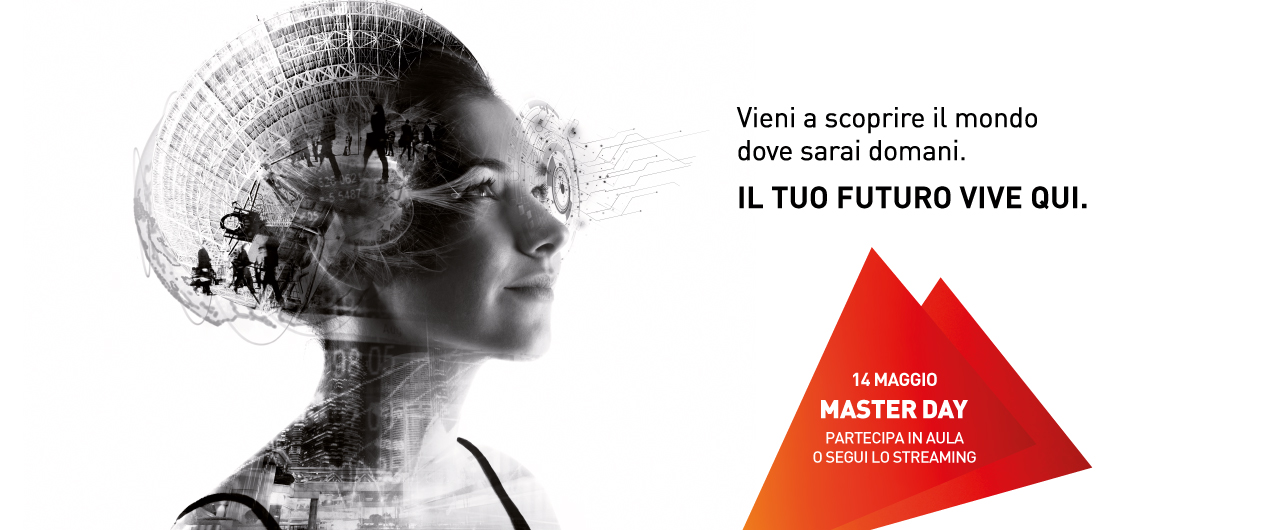Il 13 giugno 2019, gli studenti del Master of Arts in Game Design dell'Università IULM hanno presentato i loro progetti finali a due ospiti di eccezione: Marco Minoli e Paolo Paglianti di Slitherine Software.
Slitherine LTD è un publisher di videogame britannico nato dalla passione dei suoi soci fondatori, JD e Iain McNeil, per la storia e le simulazioni militari, all'inizio degli anni 2000. Il rapido successo nella nicchia di mercato degli strategici ha permesso a Slitherine di acquisire nel 2008 l'americana Matrix Games, altro publisher dedito esclusivamente ai giochi di strategia. Nel catalogo di Slitherine/Matrix sono presenti solo strategici: dozzine di wargame ambientati in ogni periodo storico, dall'antica Roma (Field of Glory II) alle guerre rinascimentali europee (Pike and Shoot), dal medioevo giapponese (Sengoku Jidai) alla Guerra Civile americana (Gettysburg). Moltissimi i titoli ambientati durante la Seconda Guerra Mondiale (Panzer Corps, che ha venduto finora oltre un milione di copie, l'intera saga di Close Combat, Order of Battle). l simulatore di guerra navale moderna, Command Modern Air Naval Operations è talmente accurato che diverse agenzie militari e private hanno richiesto una versione professionale. Non solo wargame storici, però: nel catalogo di Slitherine sono presenti diversi videogiochi su licenza Warhammer 40,000 (WH40K Gladius e Sanctus Reach) e Battlestar Galactica (BSG Deadlock, di cui si è appena conclusa la Season One.
L'HQ di Slitherine è vicino a Londra, a Epsom, e abbiamo developer e studi di sviluppo in tutto il mondo - dall'Australia alla Bulgaria, dagli States alla Russia. A Milano opera Slitherine Italia con uno staff di sette persone in cui ha sede tutto il marketing e le PR a livello globale.
Marco A. Minoli ha cominciato nel 1998 a lavorare nel settore dei videogiochi. Si considera un ambasciatore fedele delle nicchie di mercato: prima dei simulatori di volo, poi di quelli di guida e infine, dal 2007, di wargames e giochi di strategia. Proprio nel 2007 inizia la sua avventura in Slitherine dove ha contribuito a portare i wargames e i giochi di strategia più complessi su piattaforme portatili e sdoganato il prodotto premium su iOS. Dalla sua esperienza in Leader, distributore storico di videogiochi in Italia, passando poi per Electronic Arts, Warner Bros e Koch Media, Marco continua a credere che le regole del mercato di domani siano ancora da scoprire. Gestisce un team tutto internazionale di marketing e vendite direttamente dall’Italia e continua ad ostinarsi a portare la cravatta in un settore popolato di magliette geek.
Paolo Paglianti ha iniziato a scrivere di videogame il secolo scorso, nel 1989, e gli è piaciuto così tanto che non ha più smesso. Ha iniziato a scrivere sulla mitica rivista Kappa ed è stato caporedattore e direttore delle riviste di videogame più diffuse e vendute in Italia (tra cui ZETA, Giochi per il Mio Computer, Xbox Ufficiale). Nel 2018 ha deciso di scoprire come si fanno i videogame che ha giocato (e criticato) per cinque lustri, ed si è unito all'ufficio italiano di Slitherine come PR globale. Il fatto che abbia una passione insana per i wargame su PC e che sia stato sette volte campione italiano di wargame "tabletop" (con i "soldatini) e tre volte campione del Mondo è totalmente casuale.


